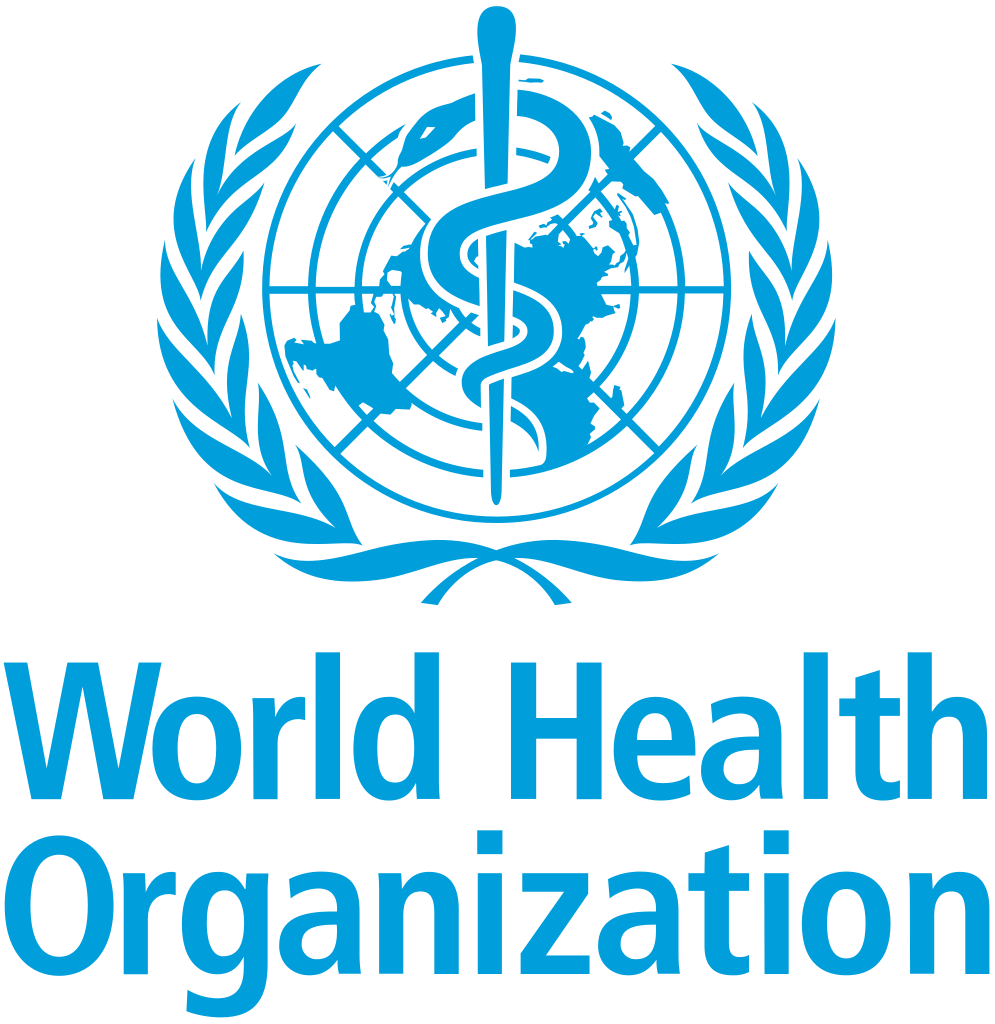By; PETER NOSAKHARE, Kaduna World Health Organisation (WHO) has refuted claims by U.S. President Donald Trump on Monday in Washington,
By; PETER NOSAKHARE, Kaduna
World Health Organisation (WHO) has refuted claims by U.S. President Donald Trump on Monday in Washington, where he suggested that paracetamol use in pregnancy and vaccines could cause autism.
WHO spokesperson Tarik Jasarevic said while a few observational studies had raised concerns, many others found no such link, and overall, the evidence remains inconsistent.
“If there were a strong connection, it would have been seen consistently across multiple studies,” Jasarevic explained in a statement on Tuesday.
He stressed that medicines in pregnancy should always be used with caution and under medical supervision, especially in the first trimester.
Responding to journalists in Geneva, Jasarevic also dismissed claims that routine childhood vaccines cause autism.
He noted that WHO’s immunisation schedules are grounded in decades of scientific evidence and have saved more than 150 million lives over the past 50 years.
In a related statement, Dr. Kate O’Brien, Director of WHO’s Department of Immunisation, Vaccines and Biologicals, mentioned the critical role vaccines play in public health.
According to her, “We are at a critical juncture,” O’Brien said. “Vaccines have saved more than 150 million lives in the past 50 years, but their future impact is increasingly threatened by another type of contagion: misinformation.”
She warned that misinformation and disinformation often spread faster than truth, risking reversals of hard-won progress in vaccine coverage and disease control.
“Vaccines save more than five lives every minute,” she added.
“They protect against severe disease and disability, reduce burdens on health systems, shield families from extreme poverty, and fuel economic growth.”
O’Brien also pointed to milestones achieved through global vaccination efforts:
More than 18 million people who would have been paralysed by polio can walk today. Over 90 million children who would have died from measles are alive.
More than a million deaths from cervical cancer have already been averted.
She warned that despite these gains, progress is at risk—not due to a lack of safe, effective vaccines or scientific innovation, but because of the spread of misinformation.
“The consequences are not hypothetical—they are real and tragic,” she said, noting that recent outbreaks of measles have led to deaths even in wealthy countries such as the U.S., Canada, the UK, and parts of Europe.
She explained that vaccination rates in some countries have fallen to levels not seen in years, with some communities well below the 95 per cent threshold required for herd immunity.
“This drop in coverage, particularly for measles, is driving a dangerous rise in cases and deaths worldwide,” O’Brien cautioned.




COMMENTS